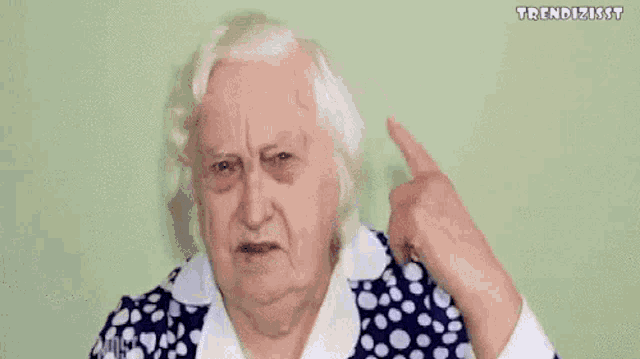Scientists Think They’re On Track To Reverse Hearing Loss
Research already shows that mice can regrow damaged hair cells. Tenor
Tenor
News that is entertaining to read
Subscribe for free to get more stories like this directly to your inboxWhether due to the aging process, injury, or disease, roughly 2 in 10 people around the world are living with some level of hearing loss.
Although there has been great progress in devices used to help restore hearing, reversing this loss has proven elusive for scientists. Thanks to a team of researchers at the University of Rochester, however, we might be getting close to an effective strategy.
It’s all about the hair cells
Scientists have spent years working on a process by which mice can essentially regrow the hair cells that make hearing possible. Now, they think it will be possible in the relatively near future to apply this remedy to human patients.
The human ear has about 16,000 of these hair cells at birth and they don’t naturally regenerate after being damaged. It is the loss of these hair cells that results in the majority of age-related hearing loss cases.
Since evidence proves that newborn mice can restore the hair cells in their ears after scientists activate a particular gene, the theory holds that the same might be true for humans.
Unanswered questions remain
It’s one thing to recognize that baby mice are able to regenerate these proteins — but it’s something altogether different to explain how it happens. Until research sheds a bit more light on the situation, we might not get to the point that manipulating certain genes in humans will produce the desired result.
Nevertheless, lead researcher Jing Yuan is optimistic, explaining: “We can trigger this event, and surprisingly, we found there’s a lot of proliferation.”
In fact, more recent studies have indicated that regenerating hair cells might not be limited only to the earliest stage of development. Theoretically, this could be the link needed to help older adults restore their hearing.
 Why Is The Aging Voyager 1 Probe Sending Back Incoherent Communications?
It's been speaking gibberish for a few months and officials are concerned.
Why Is The Aging Voyager 1 Probe Sending Back Incoherent Communications?
It's been speaking gibberish for a few months and officials are concerned. One Woman’s Massive Donation Is Wiping Out Tuition At This Medical School
Her inheritance came with the instruction to do "whatever you think is right."
One Woman’s Massive Donation Is Wiping Out Tuition At This Medical School
Her inheritance came with the instruction to do "whatever you think is right." Woman’s Pets Will Inherit Her Multimillion-Dollar Fortune, Not Her Kids
It's not the first time four-legged heirs were named in a will.
Woman’s Pets Will Inherit Her Multimillion-Dollar Fortune, Not Her Kids
It's not the first time four-legged heirs were named in a will.